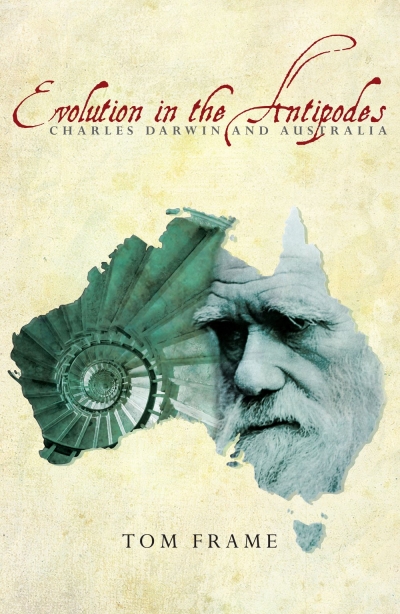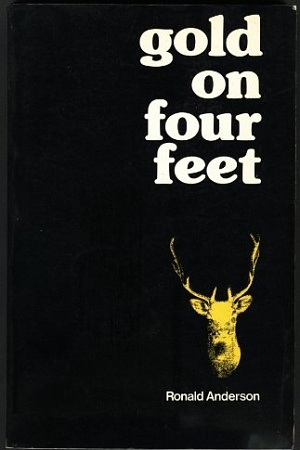Evolution in the Antipodes: Charles Darwin and Australia
UNSW Press, $39.95 pb, 307 pp
A naturalist and a gentleman
‘The tension between religion and intellectual knowledge definitely comes to the fore,’ says Max Weber, ‘wherever rational empirical knowledge has consistently worked through to the disenchantment of the world and its transformation into a causal mechanism.’ Darwinism, or so one version of the history of modern culture goes, is the culmination of the process of disenchantment, the last step in the transformation of the world into a causal mechanism.
Where the great minds of early modern science concur in thinking that scientific study of the creation acquaints human beings better with the majesty of the creator, Darwin’s theory of natural selection seems to dispose of the creator without further ado. The famous core of it is the hypothesis that undirected biological change acts as a creative force, generating new species and ensuring that those best adapted to their environments have the greatest reproductive success. As plain as it sounds, the implications are startling: species need no longer be thought of as immutable creations of divinity; man himself no longer appears minted in the image of God; the earth, as a whole, acquires a distinctively modern natural history that dispenses with all notion of divine provision for human needs and aspirations. ‘It is like confessing to murder,’ Darwin wrote in an 1844 letter to Joseph Dalton, as the new theory put him on an unavoidable collision course with the proponents of a one-off biblical creation.
Continue reading for only $10 per month. Subscribe and gain full access to Australian Book Review. Already a subscriber? Sign in. If you need assistance, feel free to contact us.


 by Mitty Lee-Brown COPYRIGHT Art Gallery of New South Wales.jpg)







Leave a comment
If you are an ABR subscriber, you will need to sign in to post a comment.
If you have forgotten your sign in details, or if you receive an error message when trying to submit your comment, please email your comment (and the name of the article to which it relates) to ABR Comments. We will review your comment and, subject to approval, we will post it under your name.
Please note that all comments must be approved by ABR and comply with our Terms & Conditions.